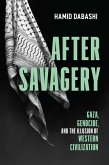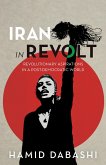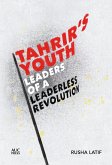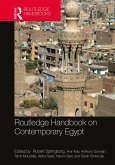Loved Egyptian Night fundamentally reassesses the Arab Spring, refuting the stories the Western powers fed to the world. There is no doubt that the toppling of Ben Ali in Tunisia in January 2011 and what it led to amounted to a political revolution. But the uprisings in Egypt, Libya and Syria - countries with quite different histories and political traditions - were never revolutions. As Hugh Roberts explains, the bitter ends of these episodes were inscribed in their misunderstood beginnings. To celebrate these uprisings as 'revolutions' preempts and inhibits critical analysis and expresses an abdication of intellectual responsibility.
After so much wishful thinking, what remains is the debris of a cynical pretension. Outside interference, ostensibly on behalf of these 'revolutions', reduced Libya to anarchy and condemned Syria to a devastating proxy war now in its twelfth year. In Egypt, the Free Officers' state was re-booted in its most brutal ever form. The Americans and Europeans did not vainly try to help the Egyptians or anyone else escape from authoritarian rule. Instead, they contrived to seal them up in it. The long oppression of these societies, Kipling's 'loved Egyptian night', is not going to be ended by the Western powers; these days it is guaranteed by them.
After so much wishful thinking, what remains is the debris of a cynical pretension. Outside interference, ostensibly on behalf of these 'revolutions', reduced Libya to anarchy and condemned Syria to a devastating proxy war now in its twelfth year. In Egypt, the Free Officers' state was re-booted in its most brutal ever form. The Americans and Europeans did not vainly try to help the Egyptians or anyone else escape from authoritarian rule. Instead, they contrived to seal them up in it. The long oppression of these societies, Kipling's 'loved Egyptian night', is not going to be ended by the Western powers; these days it is guaranteed by them.
Dieser Download kann aus rechtlichen Gründen nur mit Rechnungsadresse in A, D ausgeliefert werden.









